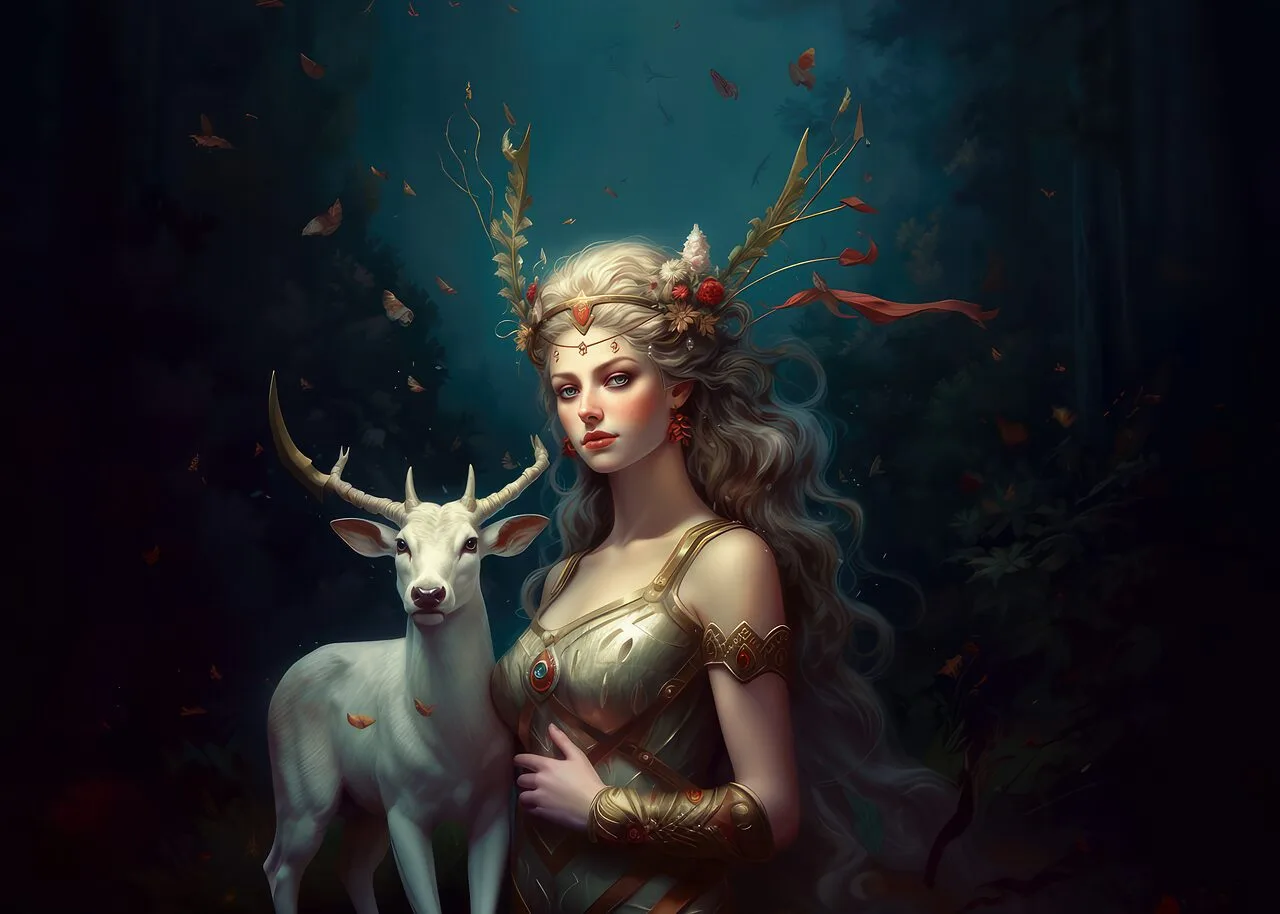Hero myths are powerful tales that delve into the feats, sacrifices, and values of heroic figures across cultures. From ancient Greece and Norse legends to Egyptian and Native American stories, these myths serve as more than entertainment; they reflect cultural values, moral codes, and the virtues that societies hold dear. Hero mythologies also explore themes of bravery, sacrifice, and transformation, often revealing the complex journeys that heroes undertake in their pursuit of greatness or self-discovery.
Key Themes in Hero Mythologies
1. The Hero’s Journey
- One of the most universal structures in hero mythology is "The Hero’s Journey," a framework outlined by mythologist Joseph Campbell. This journey typically involves stages such as a call to adventure, facing trials, receiving aid from mentors, overcoming great obstacles, and returning transformed. Famous examples include Odysseus’ odyssey in Greek mythology and the journey of King Arthur in medieval legends.
2. Bravery and Sacrifice
- Many hero myths feature protagonists who must make great sacrifices, often risking their own lives or happiness to protect their communities or fulfill a quest. In Norse mythology, for example, Thor fights against the forces of chaos, risking his life to protect Asgard, the home of the gods. Similarly, in the Hindu epic Ramayana, Rama sacrifices his comforts and even his kingdom to honor his duty and promises.
3. Transformation and Growth
- Heroes are often depicted undergoing profound transformations that test their morals, beliefs, and sense of self. In Egyptian mythology, Osiris undergoes a literal transformation through death and resurrection, symbolizing rebirth and the eternal cycle of life and death. Transformation in these myths underscores the idea that true heroism involves not just physical bravery but also inner strength and evolution.
4. Supernatural Aid and Companions
- Many heroes in mythology receive aid from supernatural beings or powerful mentors. Athena aids Odysseus, while Merlin guides King Arthur. These figures often represent wisdom, strength, or guidance, suggesting that heroes must sometimes seek help to overcome great challenges.
Heroic Archetypes Across Cultures
1. Greek and Roman Heroes
- Greek mythology features legendary heroes like Hercules and Perseus, whose stories center on completing near-impossible labors and facing monstrous foes. These heroes embody qualities such as strength, courage, and cleverness but are also marked by human flaws, reflecting the Greek value of hubris and its consequences.
- In Roman mythology, Aeneas stands out as a hero whose journey from Troy to Italy represents themes of duty, piety, and destiny. Unlike the Greeks’ emphasis on individualism, Roman hero myths often focus on the hero’s obligation to society and the gods.
2. Norse and Viking Heroes
- Norse hero myths center around themes of honor, loyalty, and inevitable fate. Figures like Beowulf and Sigurd exemplify courage in the face of doom, as Norse mythology heavily incorporates the idea of Ragnarök (the end of the world) as an unavoidable destiny. Heroes in these tales are respected not just for their victories but for their resolve to face their fates bravely.
3. East Asian Hero Myths
- In Chinese mythology, heroes like Hua Mulan are celebrated for their courage and loyalty, often sacrificing personal desires for family and country. Japanese hero myths, like those featuring Yamato Takeru, explore themes of sacrifice and the hero’s dedication to protecting the emperor and the land. East Asian hero myths often emphasize the value of harmony, loyalty, and respect for authority.
4. Indigenous and Native American Heroes
- Indigenous hero myths often feature figures who act as mediators between humans and nature. In Native American lore, Gluscabi is a hero who learns from nature’s spirits and uses his knowledge to help his people. Similarly, Māui from Polynesian mythology is a trickster-hero who harnesses his cleverness to shape the world, bringing fire to humanity and fishing up islands from the sea.
Modern-Day Heroes and Cultural Influence
Hero myths continue to shape modern storytelling, influencing everything from literature and cinema to video games and graphic novels. Modern heroes, such as Harry Potter or Luke Skywalker in Star Wars, follow the same archetypal patterns established in ancient myths. These stories not only entertain but also reinforce themes of bravery, growth, and community in today’s culture, proving that hero mythology is both timeless and ever-evolving.
Conclusion
Hero mythologies embody the values, fears, and aspirations of societies across the globe. By recounting the exploits of legendary heroes, these myths offer timeless lessons on courage, selflessness, and resilience, inspiring individuals to face challenges with strength and integrity. Hero myths reveal that while cultural contexts may vary, the universal qualities of heroism—courage, sacrifice, transformation—remain as relevant today as they were in ancient times.
This article is for informational purposes only and does not constitute professional advice.


Hiç yorum yok: